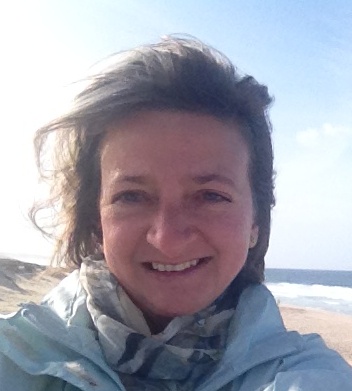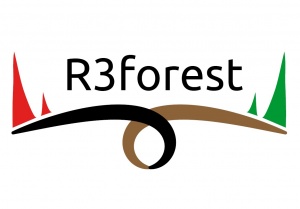
Email
manuela.giovanetti@gmail.com
H Index of Web of Science
7
H Index Google
10
Web References
Scopus •
Google Scholar •
Orcid •
Research Gate •
ResearcherID •
Environmental Stress & Functional Ecology - ESFE
Manuela Giovanetti
External Collaborator
Pollination ecology Plant-pollinator interactions Evolution of social behaviours Hymenoptera Pollinators
I received a Ph.D. in Natural and Environmental Sciences from the University of Milan (Italy) in 2001 and I am currently the project manager of REALMed, an ARIMENT2 funded project related to the topics of authenticity and valorization of Mediterannean food products, leaded by Prof. Cristina Máguas in the ESFE of cE3c. I have a long experience of mobility in Europe and abroad, having successfully concluded four previous post-doc experiences at the universities in Salamanca (Spain), Milan (Italy), Queen's in Belfast (UK) and Federico II in Naples (Italy). Two of them were Marie Curie Individual Fellowships. I also was a visiting researcher at the Smithsonian Tropical Research Institute (Panama), the University of Halle-Wittenberg (Germany), Universidad de los Andes (Colombia) and Centro de Investigación Cientifica de Yucatán (Mexico). My researches focus on the evolution of behaviours in Hymenoptera and its fitness along ecological perspectives. My study systems are preferentially bees and wasps, and my investigations span from foraging to nesting biology, as well as from mating to evolution of social behaviours. I published so far more than 30 papers in peer-reviewed journals, including PNAS and Functional Ecology. I am also collaborating in ongoing projects with Italian colleagues: “Pollinators of alien invasive species in Tuscany, Italy” (University of Florence), “Plant-pollinator interaction web of dry grasslands of Euganean Hills” (University of Ca' Foscari, Venice), and “Evolutionary perspectives of plant-pollinator interactions on sage species in a botanical garden” (University of Milan).
My current research is driven by three overarching objectives:
1. help securing sustainability in agri-environments, by spreading scientific knowledge to stakeholders and adding value to local economies;
2. investigate the role of pollinators in the spread of invasive species, paying special attention to the contribution of the ubiquitous honey bee;
3. link the plasticity of foraging behaviours and handling abilities of bees to the evolution of angiosperms and the establishment of their current and future distributions.



